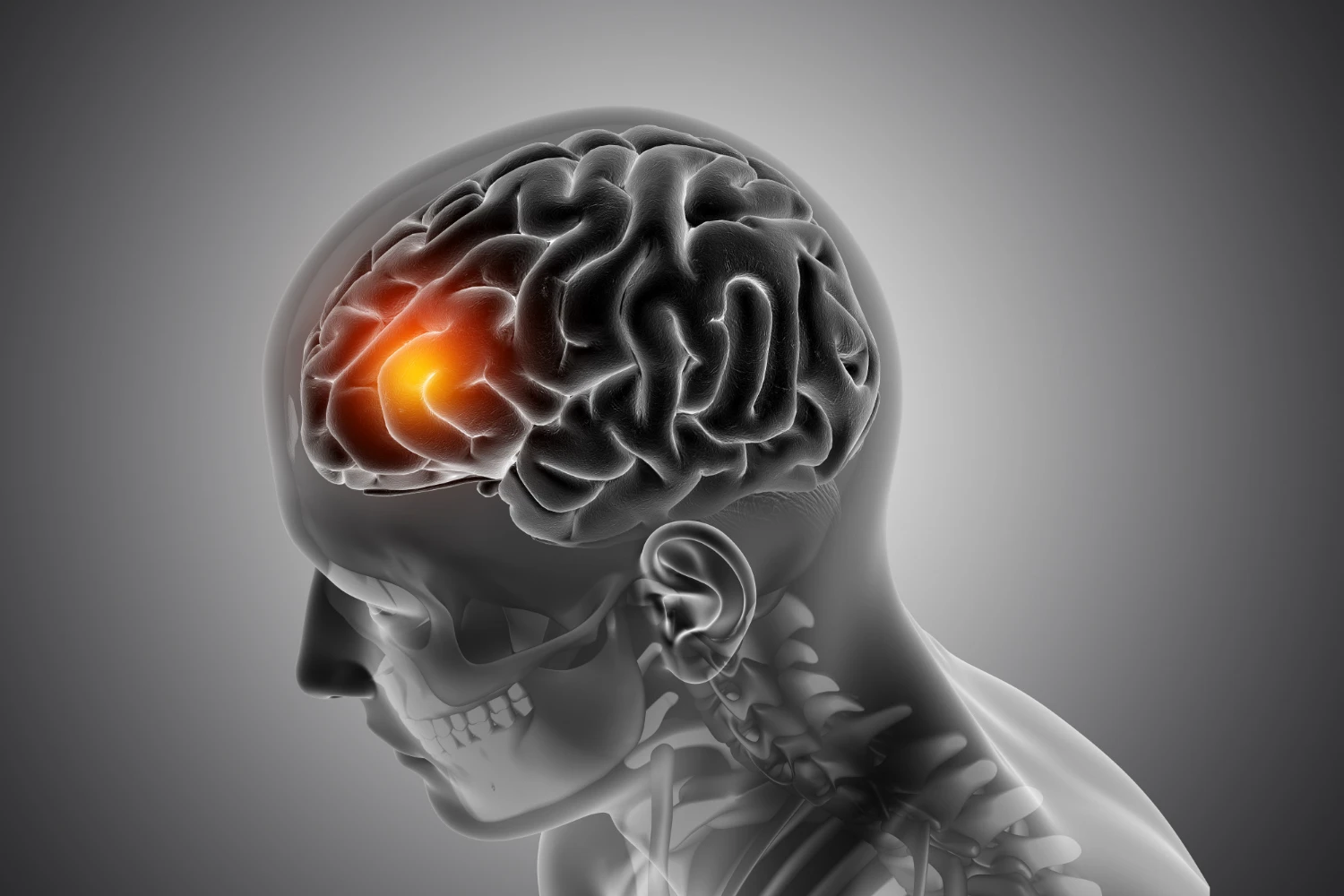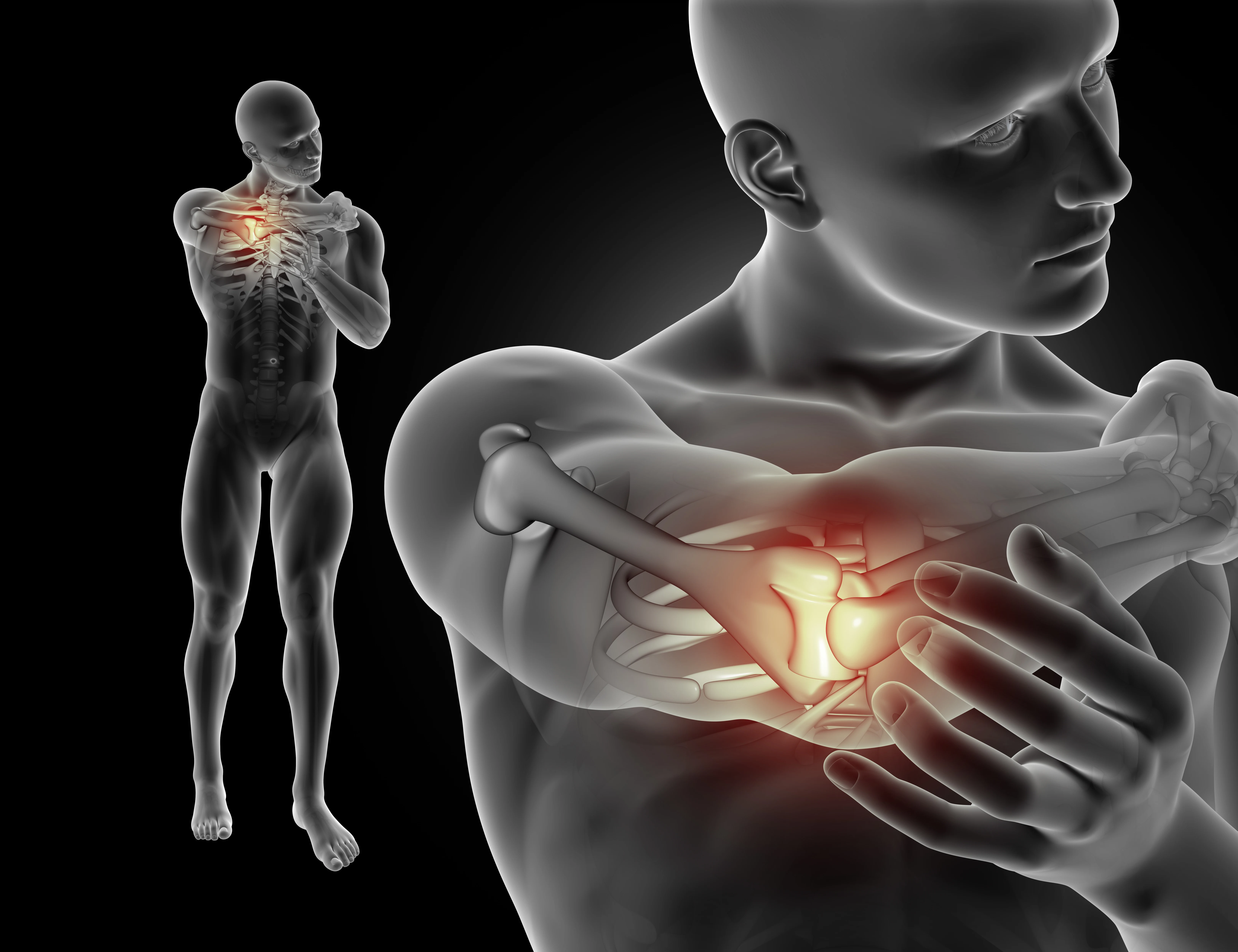Guillain-Barré Syndrome
Category: Neurology
Guillain-Barré Syndrome (GBS) is a rare but potentially life-threatening condition where the body's immune system mistakenly attacks the peripheral nervous system, leading to muscle weakness and paralysis. The condition is unpredictable, often striking swiftly, and its severity can vary from mild weakness to complete paralysis. Understanding GBS, its symptoms, treatment, and prevention strategies is essential for anyone wishing to raise awareness or better comprehend this disorder.
Symptoms Of Guillain-Barré Syndrome
The symptoms of GBS can vary, but they typically start within days or weeks following an infection. Key symptoms include:
- Weakness or Tingling in Legs and Arms: Often, GBS begins with a feeling of weakness or tingling, starting in the legs and sometimes extending to the arms.
- Rapid Progression of Weakness: Muscle weakness can escalate quickly, sometimes leading to complete paralysis. It can spread from the legs upward and affect the respiratory muscles, which could be life-threatening.
- Difficulty Walking or Moving: As the paralysis progresses, individuals may find it difficult or impossible to walk, move their limbs, or even breathe without assistance.
- Loss of Reflexes: Reflexes may diminish or be absent in individuals suffering from GBS.
- Facial Weakness: In some cases, GBS affects facial muscles, causing weakness in the face, difficulty speaking, or swallowing.
- Breathing Problems: In severe cases, GBS can affect the muscles responsible for breathing, leading to the need for ventilator support.
- Pain and Fatigue: Many patients report severe pain, particularly in their limbs, and overwhelming fatigue during the early stages of the disease.
- Autonomic Dysfunction: GBS can also cause problems with bodily functions that are typically automatic, such as heart rate, blood pressure regulation, and bladder control.
Causes And Risk Factors
Guillain-Barré Syndrome (GBS) is primarily triggered by infections, where the body's immune system mistakenly attacks its own peripheral nerves following an illness. The immune response, which is normally activated to fight off infections, becomes hyperactive and begins targeting the myelin sheath, the protective covering of nerve fibers. This results in nerve inflammation, impaired nerve signaling, and, consequently, the various symptoms of GBS.
The most common infectious triggers of GBS are:
- Campylobacter jejuni: This bacterium, often found in contaminated poultry, is the leading cause of GBS, accounting for around 20-40% of cases. It can lead to gastroenteritis, and molecular mimicry, where the immune system mistakenly targets both the bacteria and the nervous system, is believed to be the cause.
- Influenza Virus: The flu virus has long been associated with GBS. The onset of GBS can occur weeks after a flu infection, with symptoms developing rapidly and leading to muscle weakness or paralysis.
- COVID-19: There have been recent reports linking GBS to COVID-19, with many individuals developing GBS after recovering from the viral infection. The mechanism is still under study, but COVID-19’s impact on the immune system appears to increase the risk of autoimmune disorders like GBS.
- Zika Virus: In the Zika virus outbreak in 2015-2016, there was a noticeable rise in GBS cases, particularly in regions like Brazil. The virus, typically spread by mosquitoes, was linked to neurological complications, including GBS.
Guillain-Barré Syndrome In Pune: Recent News And Developments
Recently, there has been a notable surge in Guillain-Barré cases in Pune, particularly after the COVID-19 pandemic. A significant number of GBS patients in the region were diagnosed post-COVID, as there have been reports of individuals experiencing neurological complications weeks after recovering from the virus.
In Pune, the healthcare system is continuously working on awareness and the timely treatment of GBS. Doctors emphasize early diagnosis and prompt medical attention, as it can reduce the severity of symptoms and improve the chances of a full recovery. Clinics and hospitals in Pune have been stepping up to train healthcare workers about the symptoms and the need for early intervention in suspected cases of GBS.
What Happens During Guillain-Barré Syndrome?
GBS is primarily an autoimmune disorder. The body’s immune system mistakenly attacks the nerves, causing inflammation and damage to the protective covering of nerve fibers (myelin). This disruption of nerve signaling leads to muscle weakness, paralysis, and, in severe cases, complete loss of muscle function. The progression of the syndrome is rapid, with many patients experiencing full paralysis within days or weeks. In critical cases, the respiratory muscles are affected, making it difficult to breathe.
The course of GBS varies from patient to patient. Some individuals experience a mild form of GBS with only temporary weakness, while others may be severely affected, requiring prolonged hospitalization, including intensive care for ventilatory support.
Treatment For Guillain-Barré Syndrome
The treatment for Guillain-Barré Syndrome is primarily focused on relieving symptoms, preventing complications, and supporting recovery. While there is no cure for GBS, several treatments can help manage the condition:
- Plasma Exchange (Plasmapheresis): This procedure involves removing blood plasma from the body and replacing it with a plasma substitute. It helps to remove harmful antibodies that are attacking the nerves.
- Immunoglobulin Therapy: Intravenous immunoglobulin (IVIG) is another common treatment, where antibodies from healthy donors are administered to help regulate the immune system and reduce nerve inflammation.
- Pain Management: Medications are used to control severe pain and manage muscle weakness.
- Physical Therapy: Rehabilitation and physical therapy are vital for helping individuals regain muscle strength and mobility after the acute phase of the disease has passed.
- Respiratory Support: In severe cases, patients may need mechanical ventilation to support breathing, especially if the respiratory muscles are affected.
- Close Monitoring: Intensive care units (ICU) may be required for severe cases, as monitoring for respiratory function and cardiovascular stability is crucial.
Prevention Of Guillain-Barré Syndrome
Unfortunately, because the exact cause of Guillain-Barré Syndrome is not well understood, there is no surefire way to prevent it. However, here are a few general prevention tips:
- Vaccinations: While vaccines can sometimes be linked to GBS, the benefits of getting vaccinated far outweigh the risks. Vaccines, especially for the flu and COVID-19, help protect against infections that can trigger GBS.
- Hygiene: Good hygiene, especially handwashing, can help prevent infections such as Campylobacter that may lead to GBS.
- Prompt Treatment of Infections: Early treatment of bacterial and viral infections can reduce the risk of developing GBS.
- Medical Awareness: If you experience symptoms of GBS, such as weakness or tingling, seeking prompt medical advice can help catch the condition early.
FAQs
1. Is Guillain-Barré Syndrome fatal?
While Guillain-Barré Syndrome can be life-threatening, especially if it leads to respiratory failure, most individuals recover with medical treatment. However, severe cases can lead to long-term disability.
2. Can Guillain-Barré Syndrome be cured?
There is no cure for GBS, but early intervention with treatments such as plasma exchange and IVIG therapy can help manage the symptoms and improve recovery chances.
3. How long does it take to recover from Guillain-Barré Syndrome?
Recovery from GBS can take months to years. Most people start to improve within a few weeks, but it can take up to two years to fully recover.
4. Can GBS be caused by a viral infection like COVID-19?
Yes, there have been reports of individuals developing GBS after contracting COVID-19, although the exact relationship between the virus and GBS is still being studied.
5. Is there a genetic component to Guillain-Barré Syndrome?
While most cases are not hereditary, certain genetic factors may increase susceptibility, but these cases are rare.
6. Can GBS return after recovery?
It is very rare for GBS to recur after a complete recovery. However, the possibility of relapse exists, especially in cases where the immune system is compromised or another infection occurs.
7. Are there any lifestyle changes after recovering from Guillain-Barré Syndrome?
Once recovery is complete, most individuals can return to normal activities. However, some may experience fatigue or difficulty with certain physical activities, requiring ongoing physical therapy to rebuild strength.






